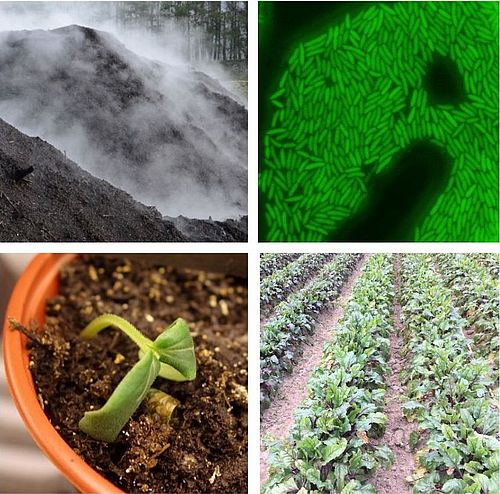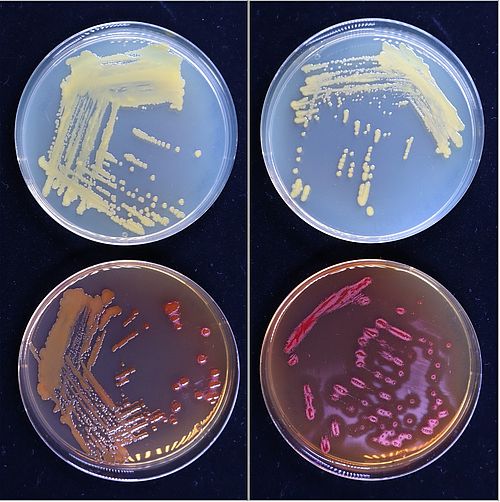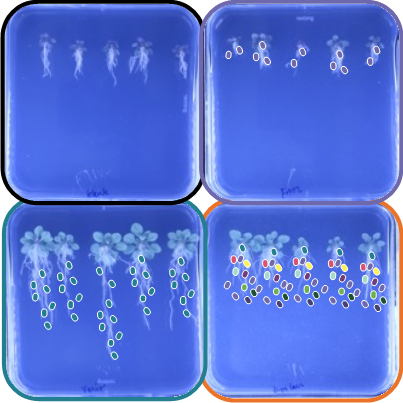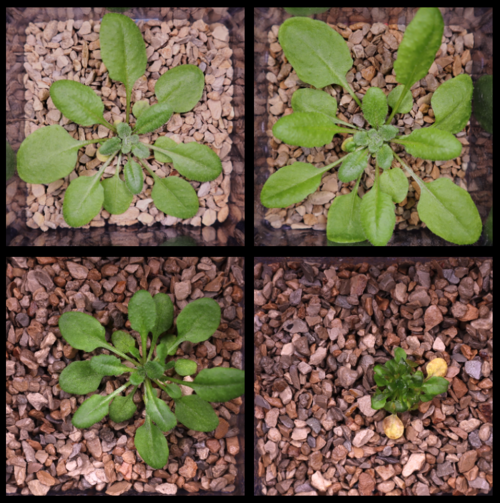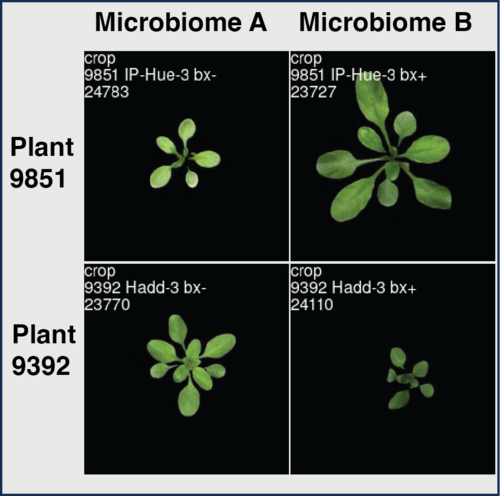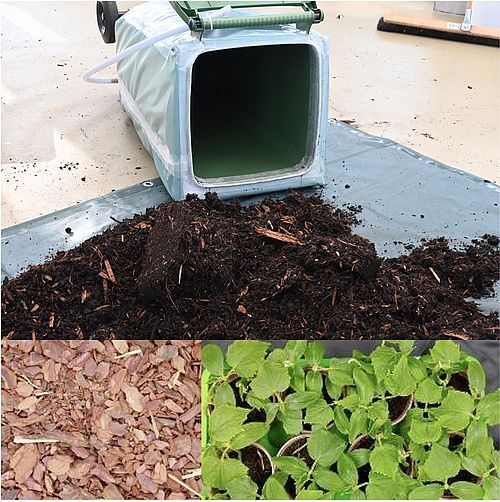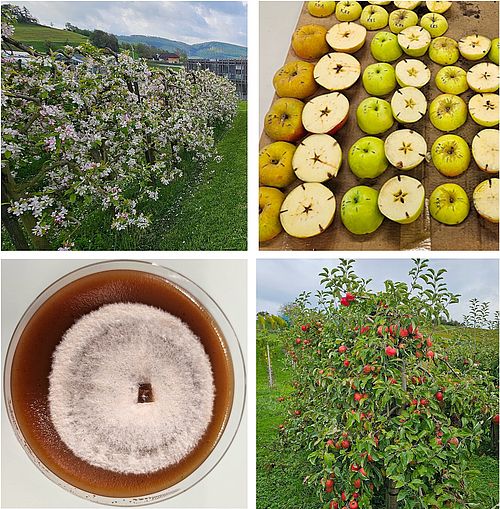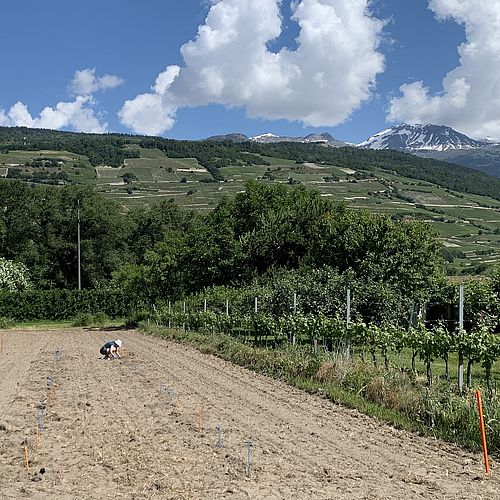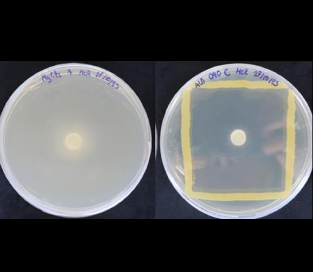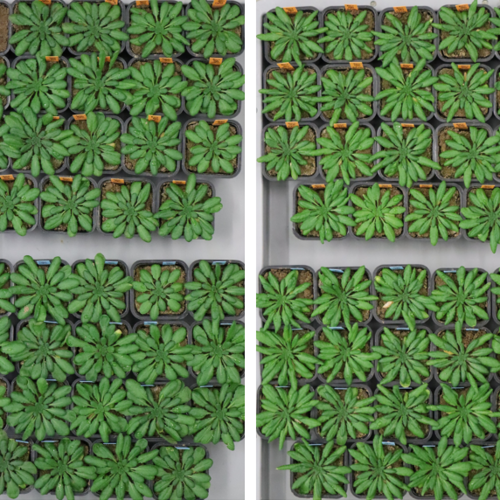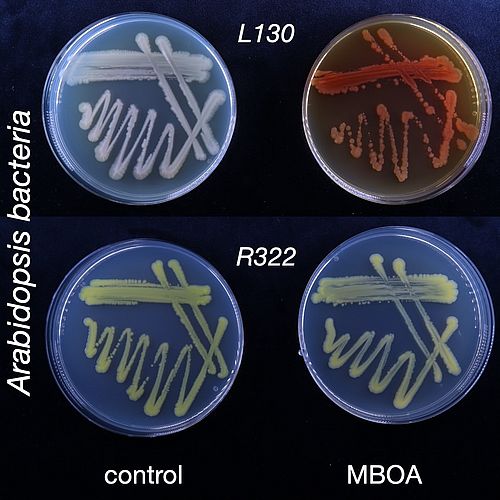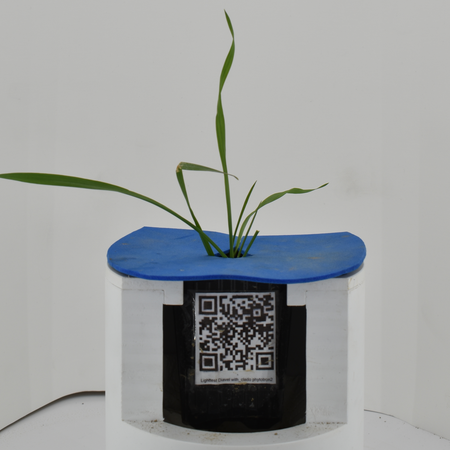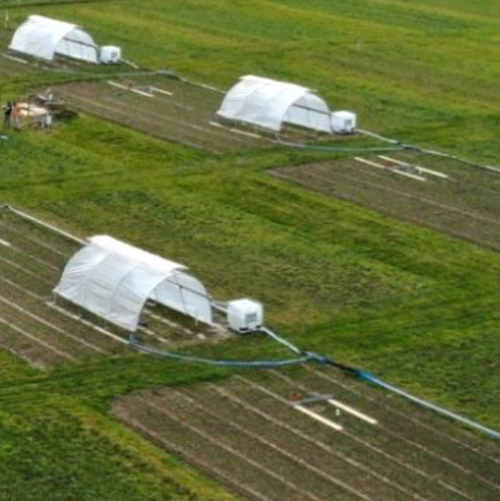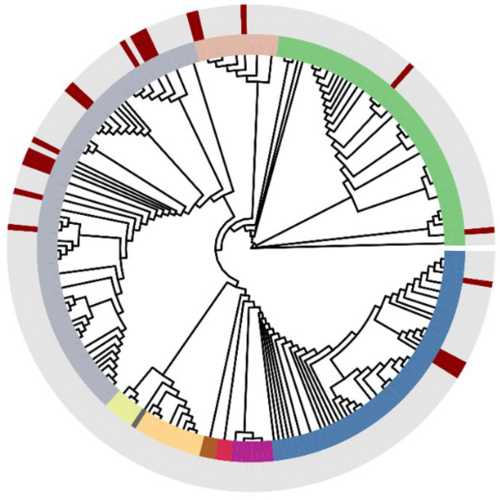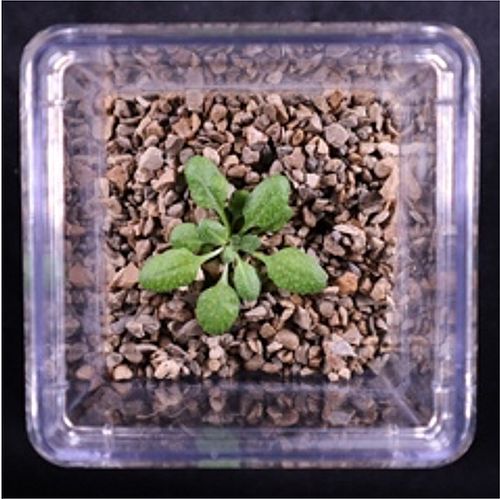MSc Students
Fascinated by plant microbe interactions? – Then, conduct your thesis work with us for a MSc in Plant Sciences. For more information on the degree program: MSc in Plant Sciences
Currents MSc topics
Check out the following topics to have an idea for a possible MSc thesis work. Please contact Klaus Schlaeppi for current opportunities, more information or to discuss your own idea.
Starting a MSc thesis
Step one is the identification of the thesis topic and defining your research question with your direct thesis supervisor (PhD, Postdoc, Research associate) and Klaus Schlaeppi.
You then prepare a thesis project outline consisting of a working title, an abstract, background information with references, your research question(s), the methods you will use and a timeline. You write this with input from your thesis supervisors. A thesis project outline is 1 to 2 pages A4 and sets the basis for your thesis work.
Besides having signed up for the University of Basel, you have to register for the MSc Program at the Student Office Biology. This is done by formalizing your MSc thesis with a ‘Learning Contract for Master's Thesis’ (see MSc thesis). In this form, student and supervisor(s) agree on the MSc thesis work and the learning contract is then approved by the teaching committee. Details to fill: select 50 credit points (CP), add the abstract of your project outline and specify ’see annex for details’ in 'Short description of content’ and append your thesis project outline as annex to the learning contract.
The final step is to establish a plan for your lectures. A total of 30 credit points (CP) from lectures, seminars or field trips is needed. 18 CPs come from the courses of the University (vorlesungsverzeichnis.unibas.ch, select program structure MSc in Plant Science) and 12 CPs can be from lectures or seminars that are freely chosen. You are entitled to take classes of the Zurich-Basel Plant Sciences Center. The lecture plan is then discussed with your supervisor and recorded in a spreadsheet form (ask your supervisor). Goal is to define a program that suits your interests and future directions and also to make sure that you will have the necessary credits at the end of the MSc education.
…and coming to an end.
The MSc education concludes by submitting your MSc thesis to your direct thesis supervisor and Klaus Schlaeppi and with the MSc exam. The MSc exam is an oral examination on your specialized topic and it lasts 60 minutes (see MSc examination).
The cartoon below summarizes the administrative procedure to conclude the MSc degree in Plant Sciences. It outlines the steps and timing to finalize your MSc thesis and to register for the MSc exam at the Student Office Biology.
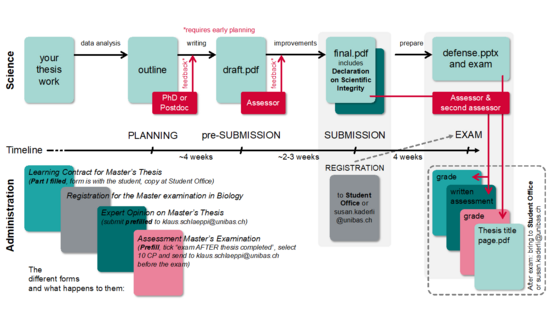
Completed MSc theses
Quick Links
Social Media

